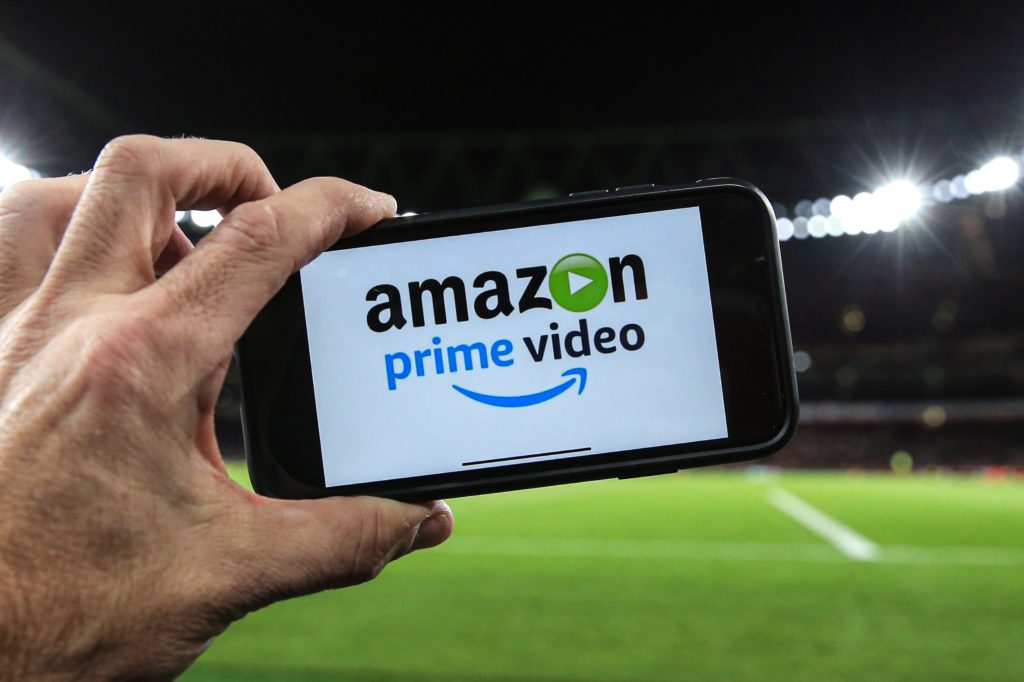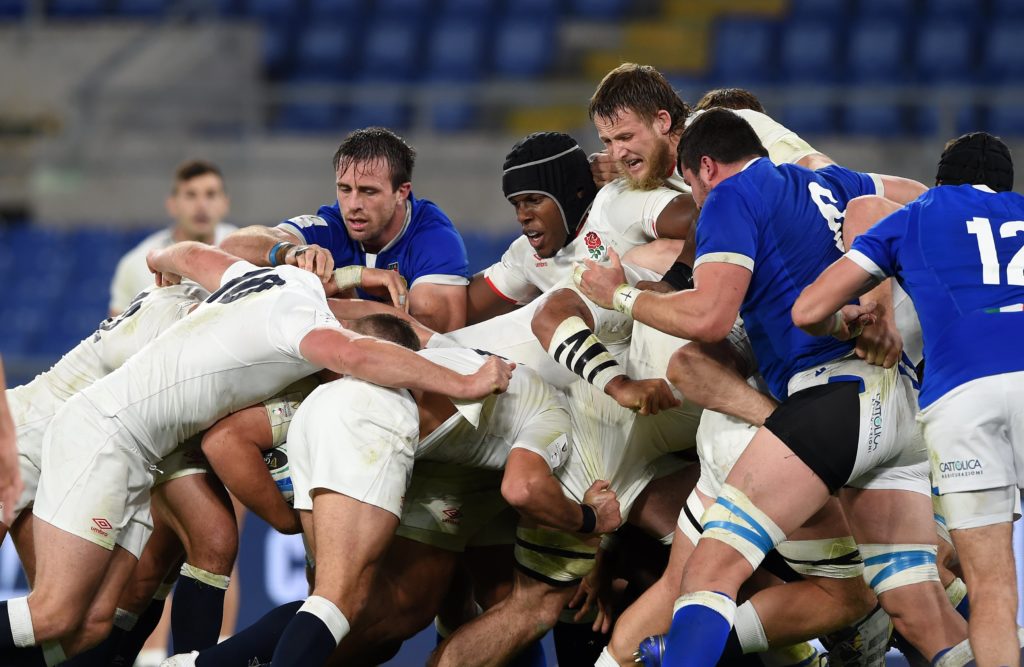Two significant deals were struck in recent weeks for those of us interested in the seemingly endless ghost-train ride that masquerades as English professional rugby union’s commercial affairs.
Vastly different in scale – although you wouldn’t have known it from the relative reactions – Amazon’s decision to deploy it’s unfathomable economic clout into international rugby’s television broadcast market was greeted with far less of a storm than a hitherto-unknown East Midlands finance house saving their local club from potential financial ruin.
Mattioli Woods’ five-year stadium naming rights deal with Leicester Tigers, a business like so many others facing a Covid-accelerated apocalypse if it fails to find new revenue lines before the hellish virus is brought to heel, was tiny in relative terms to Amazon’s multi-million-pound offering. But it handed English rugby’s fallen giants a desperately needed financial crutch in their darkest hour and saved countless jobs in the process. It was a sane, pragmatic and entirely sensible piece of business to rename the 25,000-seat Welford Road stadium after a local wealth management fund whose founder’s name has already adorned the ground’s East stand for several years.
“In these uncertain times, the club have had to look at new ways to provide value for supporters and partners in a way that can generate revenue and ensure that there is a club for fans to come back to,” said Leicester Tigers CEO Andrea Pinchen.
From the outcry of some, you would have thought Leicester’s board had dug up every last sod of Welford Road grass and sent it recorded delivery to Franklin’s Gardens, complete with a free pitch fork and shovel.
“Ian Mattioli is a close friend of the club and, over the years, we’ve been grateful for his and the company’s support, both financially as well as within the community. I hope this move symbolises the commitment of two Leicester businesses working through this together.”
From the outcry of some, you would have thought Leicester’s board had dug up every last sod of Welford Road grass and sent it recorded delivery to Franklin’s Gardens, complete with a free pitch fork and shovel. Why?
Leicester Tigers have simply become the latest of countless professional sports organisations to see the commercial value in their stadium naming rights and look to take advantage. That’s what business is.
But while Leicester’s board were unjustifiably being threatened by Twitter’s equivalent of a restless lynch mob for effectively agreeing a marketing deal with a mutually-beneficial, long-term supporter, the Six Nations Rugby board, who are responsible for crowbarring the Autumn Nations Cup into the already ludicrously-crammed calendar, received barely the waft of a wet stick of celery for agreeing a deal in an altogether different stratosphere with an altogether more malevolent partner: Amazon Prime.

The deal will see Amazon, whose share price has rocketed by a staggering 85 per cent since the start of the pandemic in February, broadcast 13 of the 16 matches to be played in the inaugural tournament, hastily arranged after all the traditional autumn tours were cancelled. Twelve of those games will be shown exclusively in the UK on their Prime Video service.
“We are delighted to welcome Amazon Prime Video on board as a broadcast partner for the Autumn Nations Cup, and to have such a major global player demonstrate their commitment to rugby is a tremendous endorsement for our game,” said the CEO of Six Nations Rugby Ben Morel. “Amazon Prime Video has already established a reputation for delivering high -level production in live sport, which we have seen through their coverage of the Premier League, ATP and WTA tennis, and NFL. We are hugely excited by their initial plans for the Autumn Nations Cup and are confident rugby lovers will thoroughly enjoy the coverage.”
It is an opportunistic, aggressive and targeted assault aimed at harvesting even more eyeballs than the commercial giant already owns.
What we can also be confident of is that rugby lovers who pay the £7.99 monthly subscription will also be targeted with a barrage of data-driven and personally targeted advertising that forms the very core of a business which, in September, saw Amazon’s founder and 11 per cent shareholder Jeff Bezos become the first human being on the planet to be worth more than $200billion.
His company’s decision to wade into the rugby broadcasting rights market – swatting away Sky, BT Sport, BBC and others in the process is no act of altruism designed to support a long-standing partner. It is an opportunistic, aggressive and targeted assault aimed at harvesting even more eyeballs than the commercial giant already owns.

If you want a flavour of how the corporate superpower operates, the excellent BBC Panorama documentary ‘Amazon; What they know about us’, which aired in February, is a good place to begin.
In a nutshell, rugby’s affluent audience is about to get hit with a pre-Christmas targeted advertising tsunami they might never even know has washed over them. Their bank balances will know, but they almost certainly won’t. Rugby fans; Amazon is coming for you, whether you like it or not.
Either rugby union wants to be professional and exposed to market forces or it doesn’t. Either it believes in commercial rights deals or not. But it can’t have it both ways.
But why does all this matter? Well perhaps it doesn’t at all. But the double standards of bemoaning a small-scale local commercial partnership while ignoring a behemoth attempting to take over the world is glaring.
Either rugby union wants to be professional and exposed to market forces or it doesn’t. Either it believes in commercial rights deals or not. But it can’t have it both ways. Either we embrace commercialism warts and all – and that includes Matiolli Woods Welford Road Stadium – or we don’t.
One way or another, the good old days, whatever they were, are gone.
Besides, in the grand scheme of things, the scale of the Tigers’ ‘sell-out’ compared to the Six Nations barely registers on the Richter scale.
If you’ve enjoyed this article, please share it with friends or on social media. We rely solely on new subscribers to fund high-quality journalism and appreciate you sharing this so we can continue to grow, produce more quality content and support our writers.



Comments
Join free and tell us what you really think!
Sign up for free